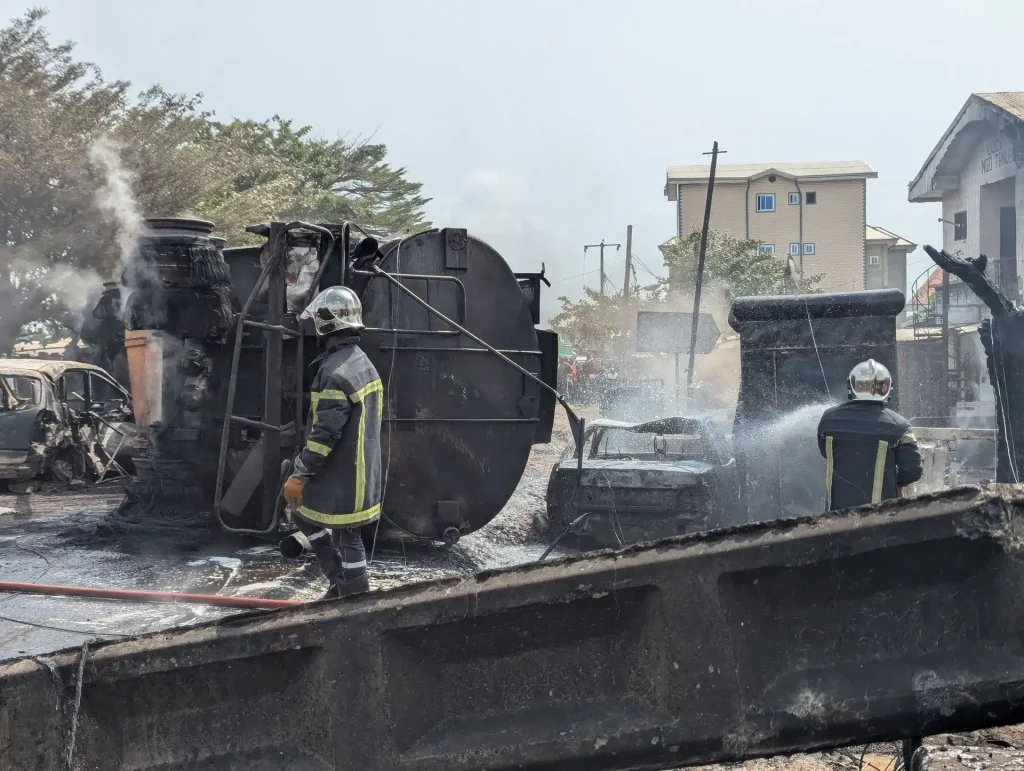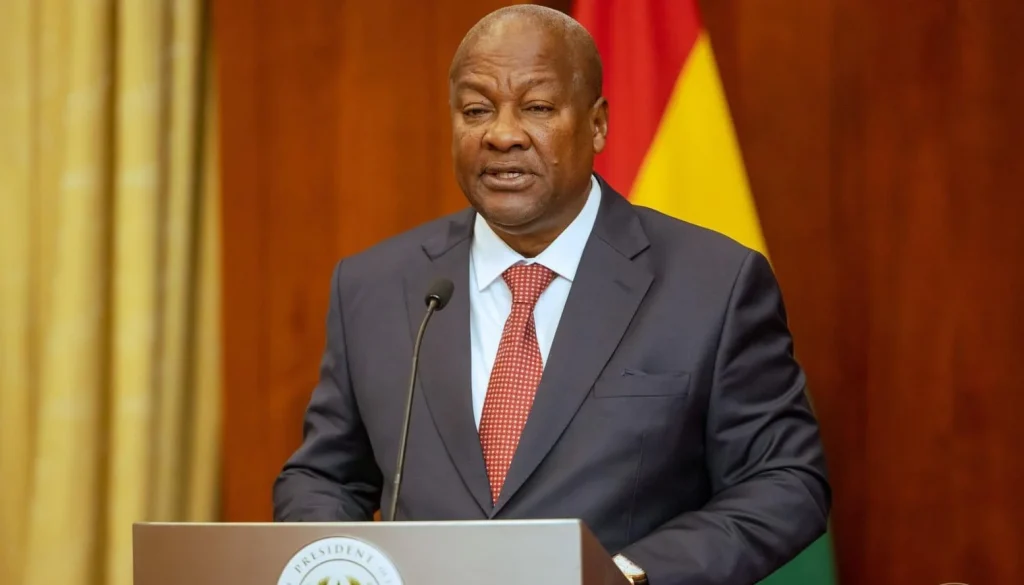In his first major address since taking office, Sudan’s new Prime Minister Kamil Idris delivered a firm and urgent message to the international community: “Stop backing the militias tearing Sudan apart”.
Standing before the press and citizens in Port Sudan, Idris didn’t mince words. He directly called out foreign nations allegedly supporting the Rapid Support Forces (RSF)—a powerful paramilitary group locked in brutal conflict with Sudan’s military.
“The security of our nation depends on ending this rebellion,” Idris declared. “We call on those who support insurgent militias to halt these criminal operations immediately. We will hold accountable those who plan, finance, and execute this destruction.”
A Call for Peace and Patriotism
Beyond the fiery warnings, Idris also struck a more personal tone, vowing to serve the people of Sudan with “sincerity and dedication” as the country claws its way through the most devastating crisis in its modern history.
His words echo the hopes of millions who have endured war, hunger, and displacement for over a year.
Who’s Being Blamed?
Sudan’s transitional government has repeatedly accused countries like the United Arab Emirates, as well as African neighbors Chad, Libya, and South Sudan, of backing the RSF with weapons, funding, and intelligence. These allegations have worsened diplomatic strains and intensified international scrutiny of the region’s role in the conflict.
Sudan in Crisis: The Human Cost
What began on April 15, 2023, as a power struggle between Sudan’s military and the RSF has since exploded into full-scale civil war.
The results have been catastrophic:
-
At least 24,000 people killed and experts believe the real toll could be far higher.
-
Over 14 million displaced, with more than 4 million fleeing into neighboring countries.
-
Mass atrocities including ethnic killings, sexual violence, and war crimes—especially in Darfur, which has again become a symbol of unimaginable suffering.
-
Famine declared in five regions, with Darfur at the epicenter.
What’s Next for Sudan?
As Idris steps into leadership, the weight of a nation rests on his shoulders. His plea to foreign powers signals a turning point either global players step back and allow Sudan to heal, or they risk deepening a conflict already spiraling into one of the world’s worst humanitarian disasters.
What’s clear is that the Sudanese people are desperate for peace, dignity, and the chance to rebuild their homeland.























